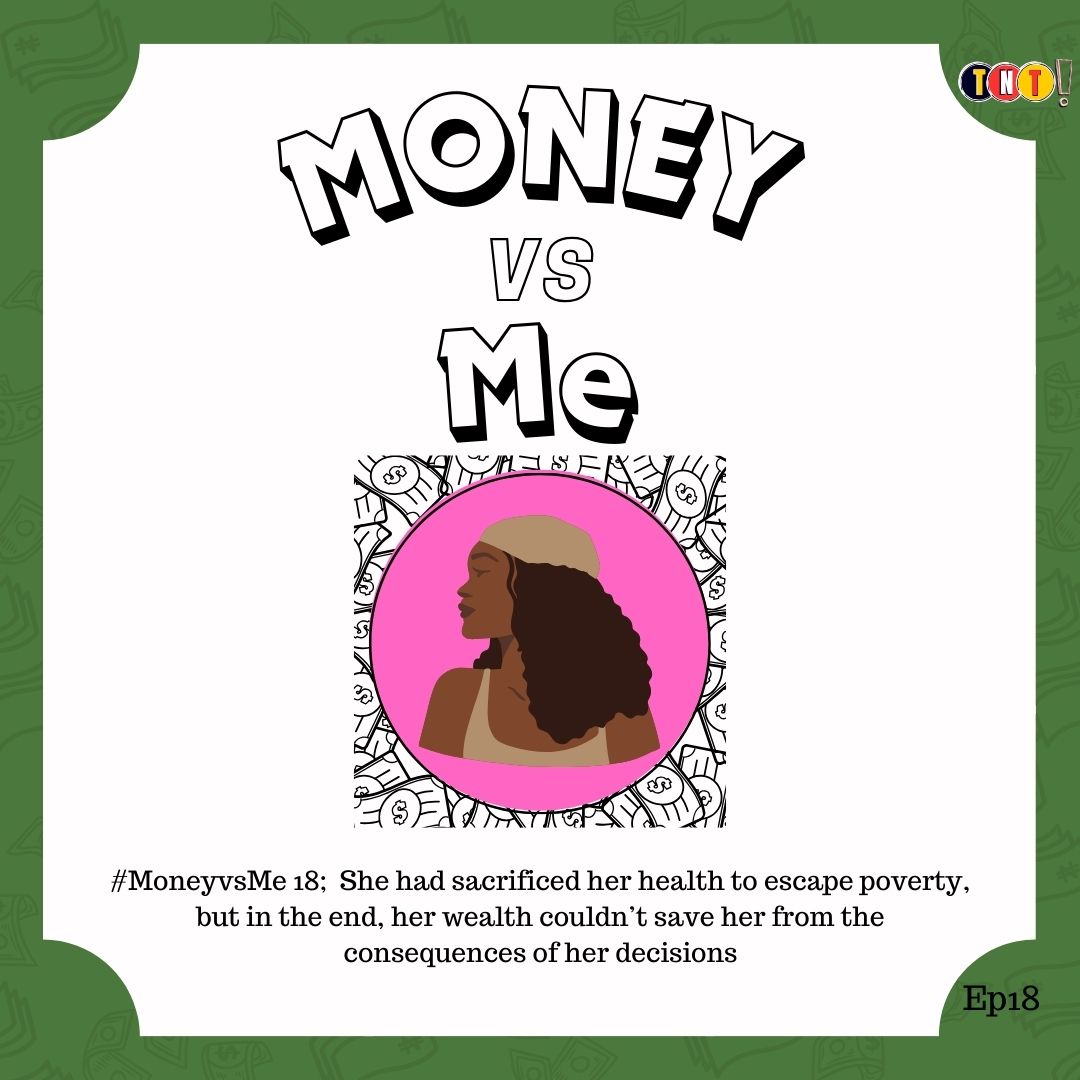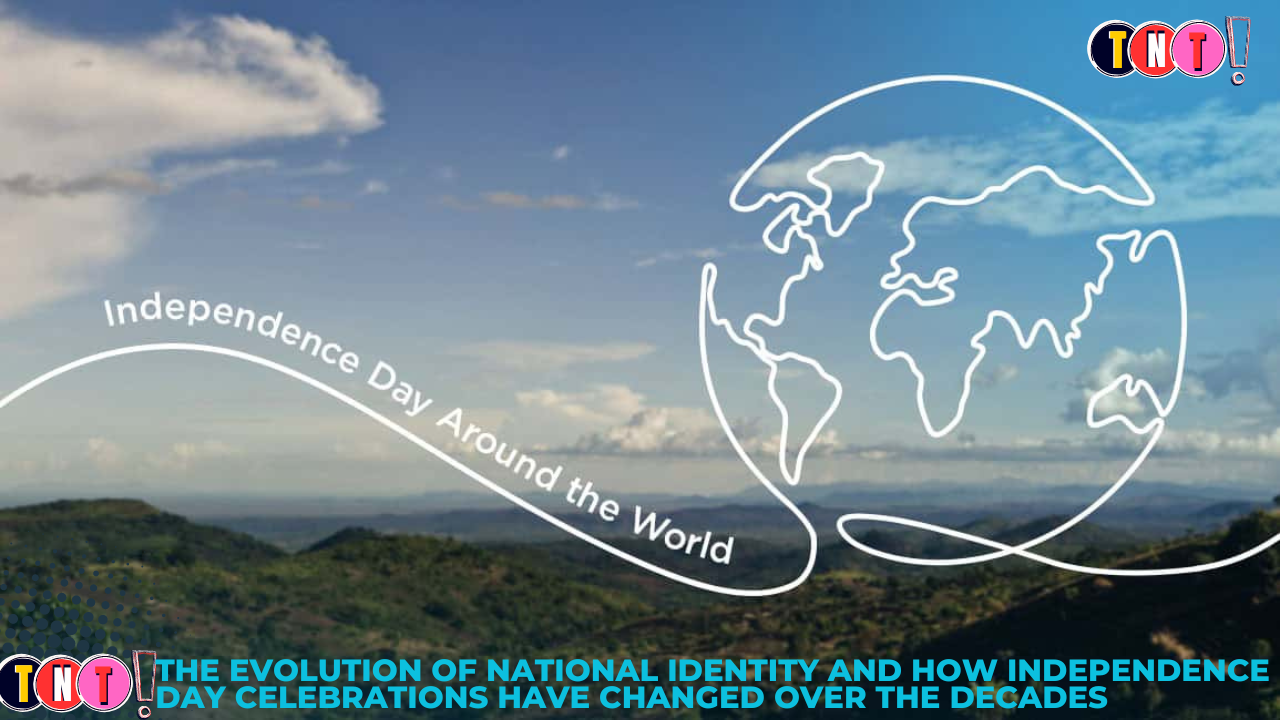Growing up in Nigeria, many children are told various tales and warnings by their parents, designed to shape behavior, instill values, or simply make life a little easier for the adults. While some of these stories are universal, others are uniquely Nigerian, reflecting the culture and traditions of this vibrant nation. Here are some of the most memorable lies Nigerian parents have told their children.

Strange and Fascinating Beliefs in Nigeria Our Parents Taught Us
Nigeria, a country rich in cultural diversity and traditions, is home to a myriad of beliefs that range from the deeply spiritual to the downright bizarre. Here are some of the most intriguing and peculiar beliefs found across Nigeria.
- Swallowing Seeds Will Grow a Plant Inside You: Many parents have warned their children not to swallow seeds (such as watermelon or apple seeds) by telling them that a plant will grow inside their stomach if they do. In reality, seeds are unlikely to sprout inside the human body.
- The Sound of a Rooster Crowing at Night Brings Bad Luck”: In rural areas, where roosters are common, parents might tell their children that hearing a rooster crow at night is a bad omen. This superstition is meant to keep kids indoors and in bed after dark, preventing them from wandering outside and potentially getting into danger.
- If You Keep Making That Face, It Will Get Stuck That Way: Parents sometimes use this playful threat to discourage their children from making silly or exaggerated facial expressions. In reality, facial muscles are quite resilient and do not get permanently “stuck” in a certain expression.
- The Evil Eye: Many Nigerians believe in the concept of the evil eye, where someone can bring harm or bad luck to another person simply by looking at them enviously or with ill intent.
- “Whistling at Night Attracts Snakes”: Many Nigerian parents discourage their children from whistling at night by claiming it will attract snakes. This belief, deeply rooted in folklore, serves as a deterrent to prevent kids from making noise when it’s time to settle down for the evening. While there’s no evidence to support this claim, it effectively keeps children quiet at night.
- Stepping on a Stone: Some Nigerians believe that stepping on a stone or object on the ground can bring bad luck or misfortune. This belief may lead people to avoid stepping on random objects to avoid any negative consequences.
- Sweeping at Night: Sweeping the house at night is considered bad luck in Nigerian superstitions as it is believed to sweep away good fortune and invite negative energy into the home.
- Itching Palm: It is commonly believed that an itching palm forecasts the arrival of unexpected money. However, the specific hand that itches may also indicate whether you will give or receive money.
- Broken Mirror: Breaking a mirror is considered to bring seven years of bad luck in Nigerian superstitions. Many people are cautious when handling mirrors to avoid accidental breakage and the associated negative consequences.
- Superstitions Surrounding Pregnancy: There are various superstitions related to pregnancy in Nigeria, such as avoiding certain foods, performing rituals for protection, or heeding warnings about potential harm from spiritual entities during this vulnerable time.
- “If You Kill a House Gecko, It Will Bring You Bad Luck”: House geckos are common in Nigerian homes, and many parents tell their children that killing one will bring bad luck. This lie serves a dual purpose: it prevents kids from harming harmless creatures and also keeps them from making a mess in the house.
- “Don’t Stay Out Late, or the Bush Baby Will Get You”: The Bush Baby, or “Ogbánje” in some regions, is a mythical creature used to scare children into coming home before dark. Parents warn that the Bush Baby roams the streets at night, looking for children who are out late. This tale keeps many youngsters indoors after sunset, ensuring they stay safe and out of trouble.
These common superstitions in Nigeria highlight how mystical beliefs and cultural traditions permeate society and shape the decisions and behaviors of a large number of people.
Conclusion
In conclusion, Nigeria’s superstitions and mystical beliefs provide an intriguing window into the rich and varied fabric of the nation’s cultural landscape. These beliefs whether derived from long-standing customs or from more modern influences continue to affect how many Nigerians negotiate the challenges of daily existence by bridging the gap between the visible and invisible, the logical and the paranormal.



